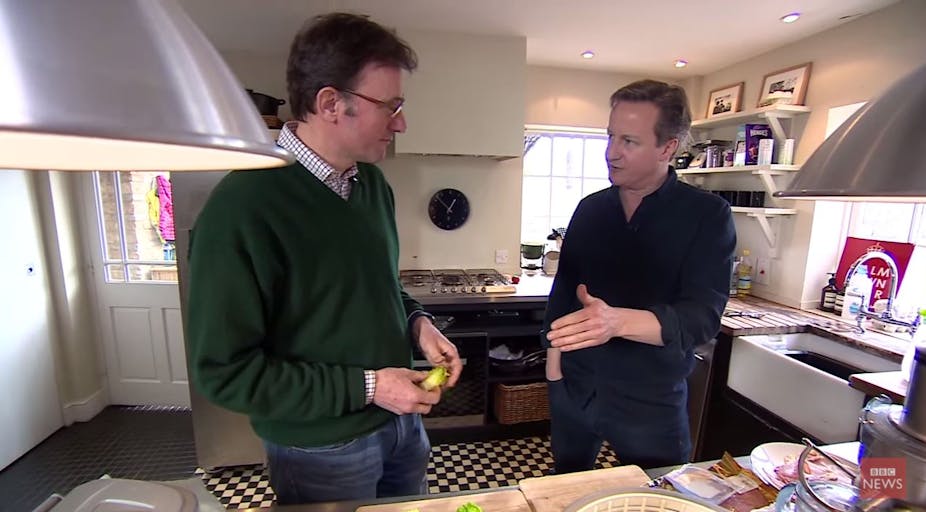David Cameron’s revelation that he has no intention of serving a third term as prime minister has provoked considerable comment and speculation. “How presumptuous!”, the critics jeer, “has he forgotten that the voters will decide how long Cameron stays in office?”.
The response was predictable, since it chimes in with the much-loved Labour narrative about a toffee-nosed premier who has always taken his high status for granted. But there is a risk that we have mistaken the real meaning of Cameron’s supposedly unguarded remarks.
Whatever the critics may say, Cameron is certainly not taking the voters for granted. But when he ruled out seeking a third term he was thinking of another, more select group of voters – Conservative MPs. On any realistic scenario, the result on 7 May is likely to leave Cameron at the mercy of his own backbenchers. Something – anything – must be done to park the issue of Cameron’s leadership, at least until the election is out of the way.
Three scenarios
Consider the various options confronting the PM. The best outcome, realistically, will be a small but theoretically workable overall majority. In normal times, for a normal political party, this prospect would encourage the troops to rally behind their chief. But whatever the Conservatives might be, they are certainly not normal. Cameron would be the prisoner of a Europhobic minority, which he clearly despises.
A second possible scenario is that the Conservatives become the largest single party but fall short of an overall majority. None of the viable coalition options is very palatable for Cameron, although some of his supporters will be praying that UKIP scrapes together enough seats.
For sheer comedy value it would be great to see Cameron trying to emulate his masterstroke of 2010 by making “a big, open and comprehensive offer” to the SNP, but although the political world is very strange at the moment it has yet to enter the realms of the surreal.
This scenario would probably prompt an attempt to form a minority government. Again, if the Conservatives were normal this might give their leader a good chance of survival. They would recognise that he is their greatest electoral asset, and that his party has been denied outright victory because of the vagaries of the electoral system, combined with well-founded fears about some of his colleagues.
But instead, Cameron’s internal enemies will argue that, having failed twice to secure overall majorities, he has proved to be a hopeless leader and it is time to bring in someone who speaks “the true language of Conservatism”.
The third scenario is that the Conservatives don’t even end up as the largest single party, at which point Cameron either jumps of his own accord or is given a push from numerous helpful hands.
Not going down without a fight
Of course, these rather sketchy scripts for the days after May 7 might turn out to be hopelessly wide of the mark. But at present, even in this most volatile of contexts, it really is difficult to envisage a situation in which Cameron can feel confident of serving a full second term. As such, the real significance of his comment – which sounded pretty rehearsed to me, rather than an accidental slip of that well-trained tongue – is that he is prepared to contemplate another five years in the job.
Cameron, it seems, is going a bit grey. In other respects he seems to have stood up to his thankless task remarkably well. Even so, it must be tempting for him to consider getting out before he suffers more palpable symptoms of stress. Some might see his determination to stay on as yet another manifestation of a raging ego. More sympathetic observers will attribute it to the public service ethos.
Cameron has, in effect, told the three individuals who want to succeed him that he isn’t going to lay down his responsibilities without a fight. At the same time, the many Conservatives who hate him will feel a momentary relief now that he has provided a timetable for departure. It is unlikely that gambit will do anything to help him –- but at least he can reflect that it could hardly make his prospects any worse.

